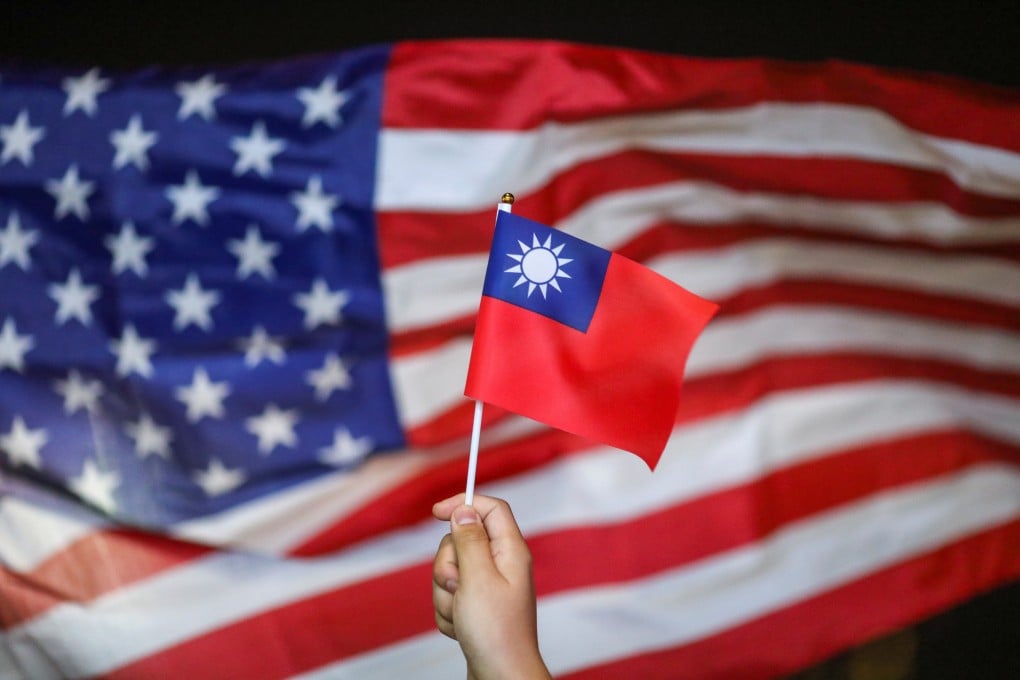Advertisement
China warns of harm to US ties with Trump’s support for Taiwan, Tibet bills
- Two pieces of legislation passed as part of a multitrillion-dollar spending bill
- One act includes sanctions for Chinese officials who try to appoint the next Dalai Lama while the other seeks to strengthen Washington’s ties with Taipei
Reading Time:3 minutes
Why you can trust SCMP
1

China warned of further harm to relations with the United States on Monday after US President Donald Trump signed legislation in support of Taiwan and Tibet.
Trump signed into law the Taiwan Assurance Act and the Tibetan Policy and Support Act on Sunday as part of a massive appropriations bill that averted a government shutdown from Tuesday.
The passage of the legislation comes as Trump prepares to step down next month, with the two countries at loggerheads on almost all fronts.
Advertisement
Both acts attracted bipartisan support in the US Congress, with one aiming to deepen relations between the US and Taiwan and the other threatening sanctions against Chinese officials who seek to choose the next Dalai Lama.
Chinese Foreign Ministry spokesman Zhao Lijian said Beijing “resolutely opposed” both bills, saying Taiwan and Tibet were issues of China’s territory integrity.
Advertisement
Advertisement
Select Voice
Select Speed
1.00x